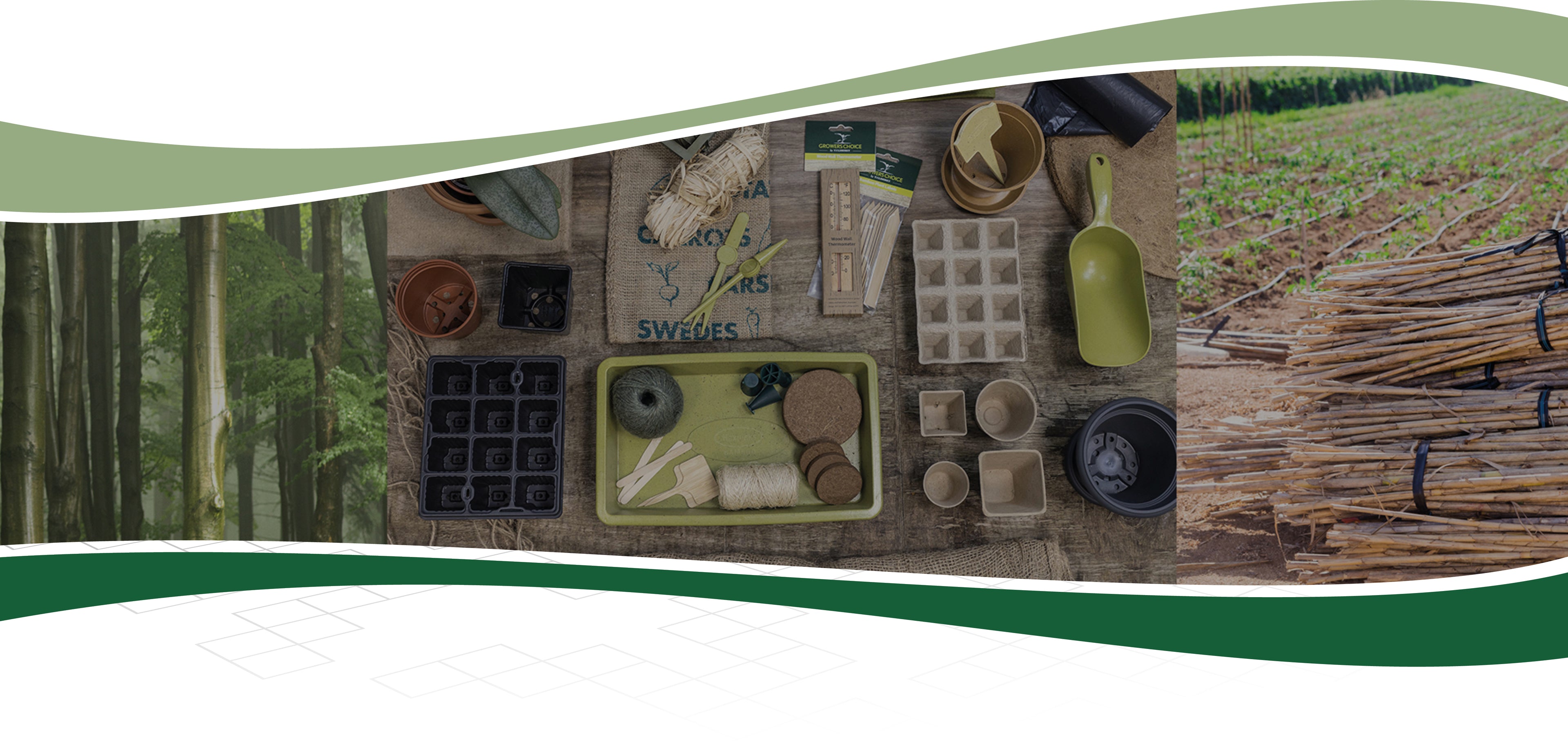Commitment to change
As a global manufacturer, supplier and retailer we take very seriously our responsibility to consider the environmental impact of all aspects of our business.
A key priority is our continued focus on moving away from single use plastics in both our packaging and products, and reviewing all POS and merchandising with an environmentally conscious scrutiny is an ongoing and urgent process.
We are mindful that our efforts to reduce our impact on the planet must be based on improvements in materials, process and practice which have a positive and proven impact on the environment and offer a genuine contribution to the goal of a more sustainable future.
We have a role to play as a businesses to ensure that plastic doesn’t end up in the natural environment – we are taking expert advice to help us make the right decisions on sourcing, transporting and packaging our products as well as promoting positive recycling behaviours to help our customers recycle more effectively and more often.

OUR PRODUCTS
Tildenet Gardenware is already leading the way in sustainable products with an award winning bamboo range, recycled, biodegradable and compostable propagation options and planters made from 100% waste plastic.
We have actively worked to reduce the amount of single use and virgin plastic in our supply chain.


OUR PACKAGING
Packaging has been redesigned to include easy to understand information on how products can be re-used or recycled properly.
Tildenet supports the World Land Trust by using ‘carbon balanced’ paper in handy pack header cards and propagation labels.
Our product labels and header cards are FSC accredited and use vegetable-based ink.

OUR TEAM
We recycle paper and plastic in our offices and warehouses, have implemented energy saving measures and reduced business travel significantly across the company.
We have begun to introduce electric vehicles into our fleet, offer vehicle charging to our staff and run a Cycle to Work scheme.


OUR PLANS
Tildenet Gardenware have launched a 3 year plan to eliminate unnecessary single-use packaging by 2025.
We are supporting the UK Plastics Pact led by WRAP and are following their guidance to ensure improved recyclability across all packaging.
Driving long term progress
We are continuing to conduct full life cycle assessments to determine the environmental impact of all our products – including source material, packaging and potential for reuse or recycling by the customer.
In certain circumstances plastic packaging remains the most effective option for some of our products, in terms of function and carbon footprint, when compared to other packaging material. Plastic is versatile, lightweight, flexible and highly durable where it is used and managed carefully to avoid it ending up in our oceans, where it causes harm to the environment, or in landfills where its value is lost.
The way to stop this happening is to remove, reduce, reuse and recycle plastics.
Tildenet are committed to using plastic that is easily recyclable and has recycled content whenever possible - We are actively working to reduce the amount of single use and virgin plastic in our supply chain.

Remove
Unnecessary Plastic From Packaging
Virgin Plastic From Supply Chain
Reduce
Difficult To Recycle Materials
Unsustainable Materials
in Supply Chain

Reuse
Resealable Product Bags
Packing Materials and Cartons
Recycle
Excess Material From Production Process
Waste Material From Other Industries
Banning all plastic packaging without finding suitable alternative materials can have unintended consequences. We have been cautious not to adopt changes that may in time prove to be less of a solution than they first appear – compostable plastics have been a good example of a well intentioned change that has ultimately been withdrawn by many companies following concerns about its environmental viability.
Many companies are choosing to switch to paper or cardboard instead of plastic packaging to become more sustainable – however this is not always a simple choice and can come with its own environmental issues.
For example, cardboard production is water intensive, generates emissions and runs the risk of encouraging deforestation if not sourced sustainably - cardboard can also be difficult to recycle if contaminated and can only be reused on average four times.Paper products take substantial amounts of energy to produce - making the paper and cardboard production process one of the top five industrial global users of energy. When considered over the entire life of the packaging, paper and cardboard account for more greenhouse gases than their plastic equivalents.
Secondly, many paper and cardboard products end up in local authority landfill, where they rot down anaerobically, creating the greenhouse gas methane in the process.
By contrast, plastic is light, durable and its manufacture is generally not particularly energy intensive – at least by comparison to paper – and it doesn’t rot meaning it sequesters its carbon for ever.
The argument for plastic over cardboard will continue in years to come and there is room for both in the packaging market.
However, what’s most important is that they can both be recycled and kept out of our seas. Recycling and reusing both types of packaging has proven to be the most effective way to minimise carbon footprint and protect the environment.




